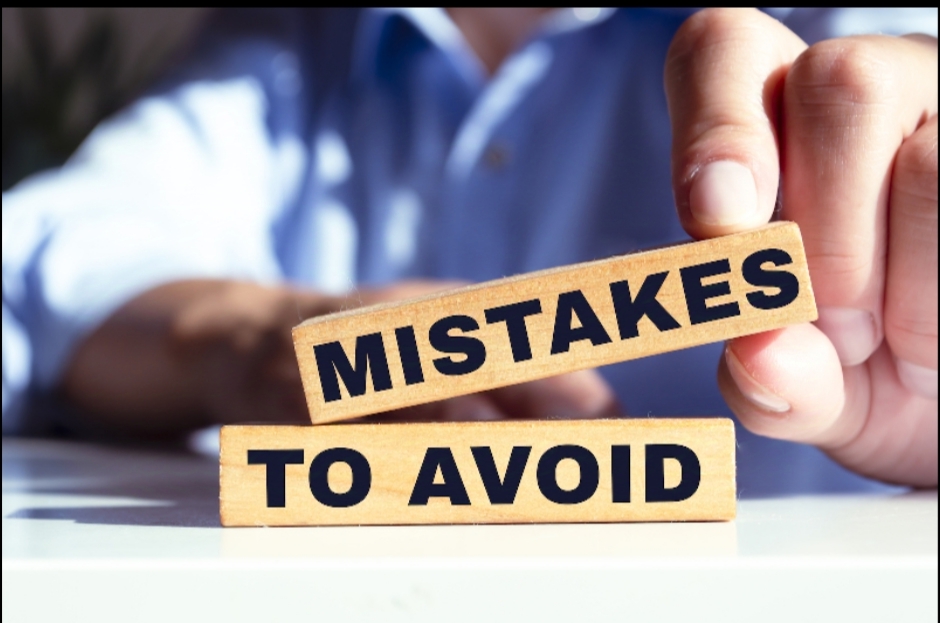Filing VAT returns can be a daunting task for many businesses, whether you’re a seasoned entrepreneur or just starting out. Understanding the nuances of Value Added Tax (VAT) and ensuring compliance is crucial to avoid potential penalties and financial setbacks. For those looking for assistance, a Vat Return Service can simplify the process. Here, we’ll discuss some common mistakes that businesses often make when filing their VAT returns and how to avoid them.
Not Understanding VAT Regulations
One of the primary mistakes businesses make is failing to fully understand VAT regulations. Each country has its own set of rules regarding VAT, including rates, exemptions, and filing requirements. It’s essential to familiarize yourself with the specific regulations that apply to your business. Ignorance is not an excuse, and being unaware of the latest updates can lead to costly errors.
Incorrectly Calculating VAT
Calculating VAT can be tricky, especially when dealing with multiple rates or exemptions. A common error is miscalculating the amount of VAT that should be collected from customers or the amount that can be reclaimed. This can happen if you’re not keeping accurate records or if you misunderstand how VAT applies to certain goods or services. It’s important to double-check your calculations and consult with a tax professional if you’re uncertain.
Failing to Keep Accurate Records
Accurate record-keeping is vital when filing VAT returns. Many businesses fall into the trap of not maintaining thorough records of their sales, purchases, and expenses. Without proper documentation, it becomes challenging to validate your VAT calculations and claims. Ensure that you keep all relevant invoices, receipts, and any other documentation that supports your VAT returns. This will not only help you in filing your returns but also in the event of an audit.
Missing Deadlines
Another common mistake is missing the VAT return deadlines. Each jurisdiction has specific deadlines for filing and payment, and failing to meet these can result in penalties. It’s crucial to be aware of these deadlines and plan your filing schedule accordingly. Setting reminders and using accounting software can help you stay on track.
Not Claiming VAT on All Eligible Expenses
Many businesses do not claim VAT on all eligible expenses, often due to a lack of knowledge about what can be claimed. Understanding which expenses qualify for VAT reclamation can significantly impact your finances. Ensure you are familiar with the rules and take the time to analyze your expenses thoroughly. This can help you maximize your VAT recovery and reduce your overall tax liability.
Ignoring VAT on International Transactions
If your business engages in international transactions, it’s vital to understand how VAT applies to these sales. Many businesses mistakenly treat international sales the same way as domestic transactions. Depending on the jurisdiction, exports may be zero-rated, while imports may incur VAT. Failing to account for these nuances can lead to complications in your VAT return and potential fines. Make sure to research the VAT implications of international transactions to avoid these pitfalls.
Not Reviewing Previous Returns
Many businesses make the mistake of not reviewing their previous VAT returns. Each filing provides an opportunity to learn and improve your process. By reviewing past returns, you can identify any recurring mistakes and address them. This proactive approach not only helps in reducing errors but also builds a better understanding of your VAT obligations.
Relying Solely on Software
While accounting software can simplify the VAT filing process, relying solely on it can lead to mistakes. Many software programs automate calculations and generate reports, but they may not always account for specific nuances in VAT regulations. It’s essential to have a basic understanding of VAT and to review the information generated by your software. Always verify that the software settings reflect your business’s unique VAT situation.
Not Seeking Professional Help
Many businesses underestimate the complexity of VAT regulations and fail to seek professional help when needed. Tax advisors and accountants specialize in VAT compliance and can provide valuable insights and guidance. If you’re unsure about any aspect of your VAT return, consider consulting a professional. This investment can save you time and money in the long run by ensuring that your returns are accurate and compliant.
Overlooking VAT Changes
VAT regulations are subject to change, and it’s essential to stay informed about any updates that may affect your business. Many businesses make the mistake of operating under outdated information, which can lead to compliance issues. Regularly check for updates from tax authorities and consider subscribing to newsletters or updates from professional organizations to stay in the loop.
Conclusion
Filing VAT returns doesn’t have to be a stressful experience. By understanding the common mistakes to avoid, you can streamline the process and ensure compliance with VAT regulations. From familiarizing yourself with the rules to maintaining accurate records and seeking professional help, these strategies can significantly reduce the likelihood of errors. Remember, the goal is not only to file accurately but also to manage your VAT obligations effectively for the benefit of your business. With careful planning and attention to detail, you can navigate the complexities of VAT and focus on what you do best—growing your business, If you want to stay updated with posts like this, please follow us on World Explore Magazine.



